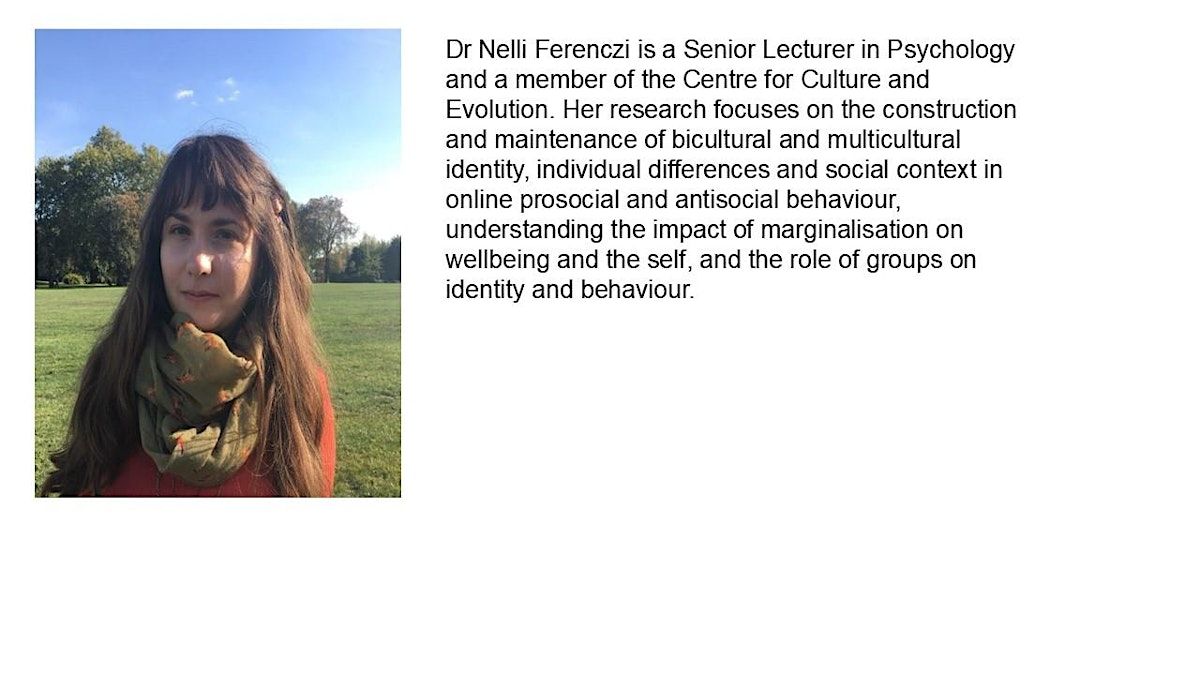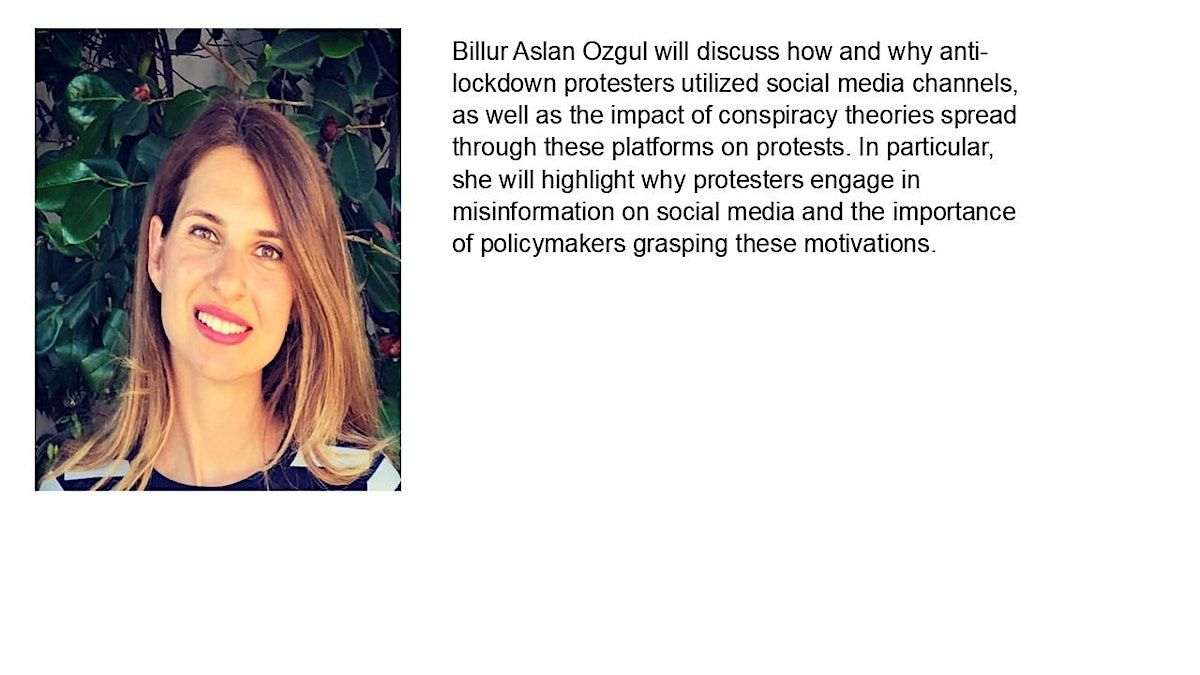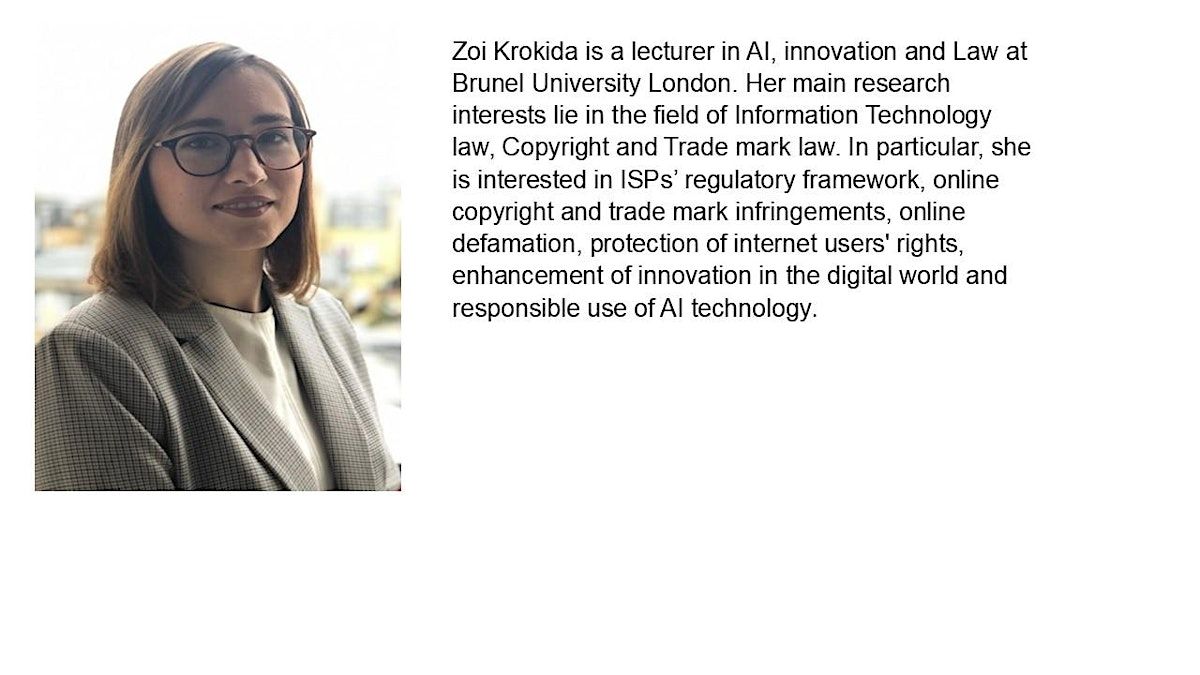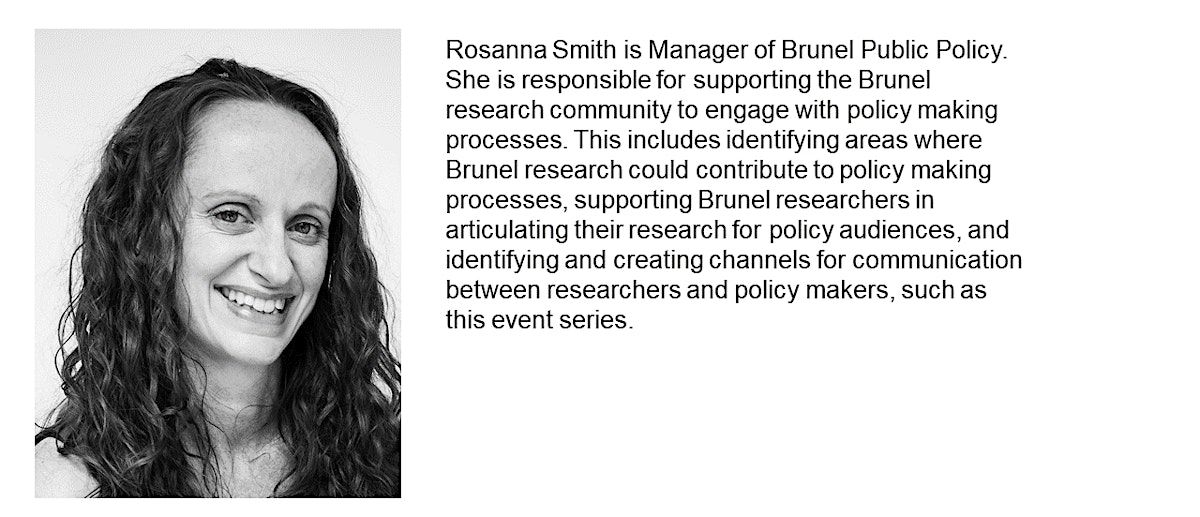
About this Event
The rapid development of online communication systems has transformed many aspects of how modern society functions in the last ten to twenty years. Anybody with a social media account can now potentially reach vast numbers of people that previously only professional broadcasters and journalists, bound by professional codes of conduct, could reach. In recent years, online communication has played a prominent role in radicalisation and polarisation, conspiracy theories have rapidly spread through social media platforms, and criminal behaviour such as human trafficking is often found to be facilitated through online digital communication. This panel explores the socio-political issues highlighted and exacerbated through these online platforms, and potential policy, regulatory, or other mechanisms to tackle them.
Nelli Ferenczi will present findings from a project which investigated radicalisation and polarisation across 16 countries, focusing on the role of online group identity for supporting increased support for extreme attitudes, and exploring how young people make sense of mundane online extremism and harm.
Billur Aslan Ozgul will discuss how and why anti-lockdown protesters utilized social media channels, as well as the impact of conspiracy theories spread through these platforms on protests. In particular, she will highlight why protesters engage in misinformation on social media and the importance of policymakers grasping these motivations
Zoi Krokida will discuss legal and regulatory mechanisms to tackle social media-facilitated trafficking of children and young people.
Speaker profiles:



Series Convener:

As part of the registration process you will have the opportunity to submit any questions that you would like the panel to discuss. There will be further opportunity to submit questions during the webinar.
Event Venue
Online
GBP 0.00










